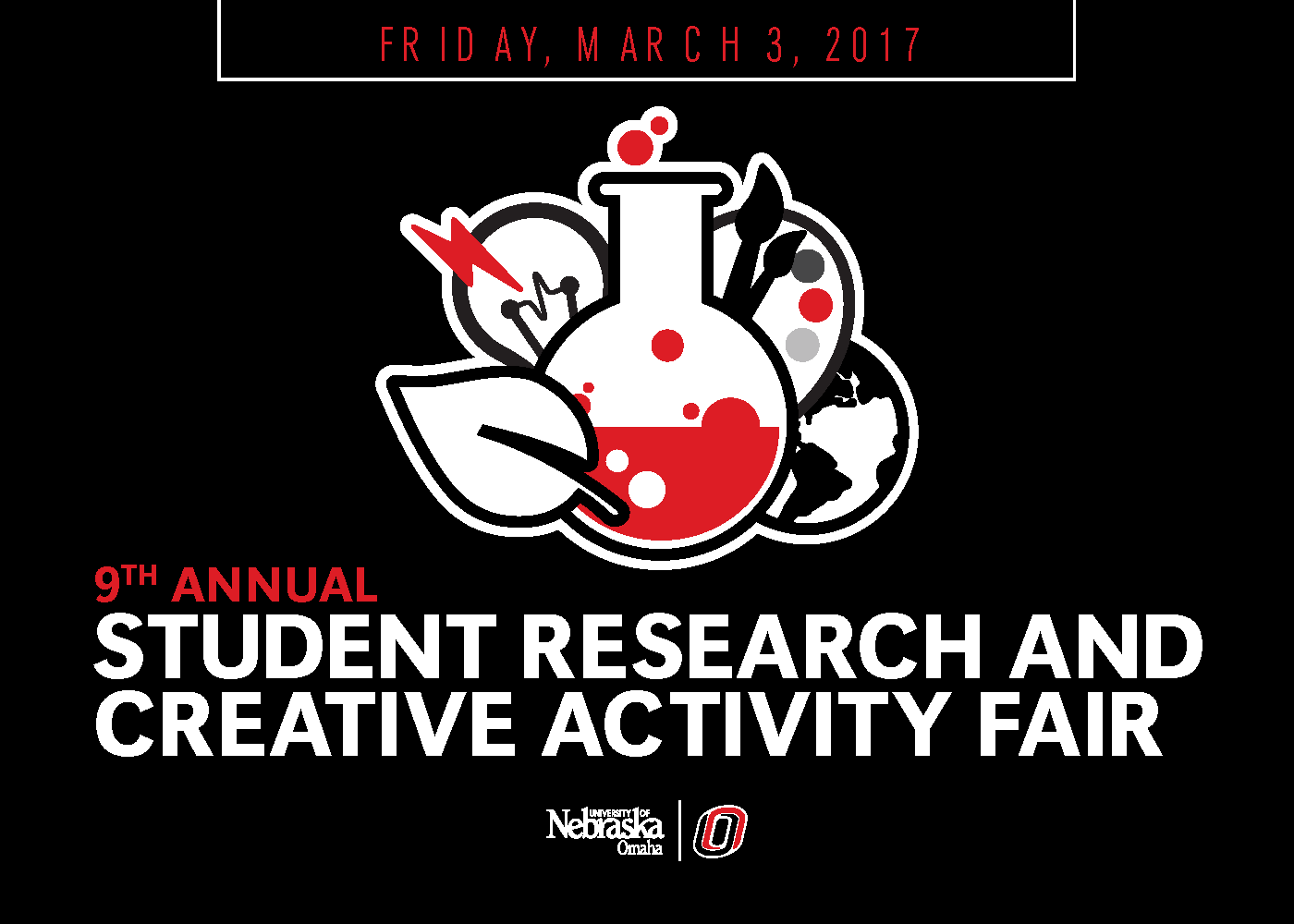
Advisor Information
Dustin Slivka
Location
Dr. C.C. and Mabel L. Criss Library
Presentation Type
Poster
Start Date
3-3-2017 9:00 AM
End Date
3-3-2017 10:15 AM
Abstract
PURPOSE: To determine the acute response of appetite and appetite regulating hormones after exposure to simulated altitude in resting conditions. METHODS: Seven male and six female recreationally active subjects (height 178±8.1cm, weight: 77.3±24.8kg, body fat: 18.4±5.7%) participated in two, three-hour trials in an environmental chamber with one trial simulating 5000 m altitude (hypoxic) and the other simulating 350 m altitude (control). Blood samples from the antecubital vein were collected prior to entering the environmental chamber and immediately following the three hours of seated rest. Blood samples were analyzed for serum leptin, adiponectin, and ghrelin concentrations via enzyme-linked immunosorbent assay kits. Subjective feelings of acute mountain sickness and perceived appetite were also assessed. Heart rate, blood oxygenation, tissue oxygenation, respiration rate, and whole body gases were also analyzed throughout the trials. RESULTS: Satiety decreased over time in both trials (pCONCLUSION:Subjective appetite does not appear to be affected with acute hypoxic exposure despite alterations in oxygen transport. However, acute hormonal response may not be immediately apparent from subjective measures of appetite, and thus analysis of these hormones remains paramount to this project.
Responses of Appetite and Appetite Regulating Hormones to Acute Altitude Exposure
Dr. C.C. and Mabel L. Criss Library
PURPOSE: To determine the acute response of appetite and appetite regulating hormones after exposure to simulated altitude in resting conditions. METHODS: Seven male and six female recreationally active subjects (height 178±8.1cm, weight: 77.3±24.8kg, body fat: 18.4±5.7%) participated in two, three-hour trials in an environmental chamber with one trial simulating 5000 m altitude (hypoxic) and the other simulating 350 m altitude (control). Blood samples from the antecubital vein were collected prior to entering the environmental chamber and immediately following the three hours of seated rest. Blood samples were analyzed for serum leptin, adiponectin, and ghrelin concentrations via enzyme-linked immunosorbent assay kits. Subjective feelings of acute mountain sickness and perceived appetite were also assessed. Heart rate, blood oxygenation, tissue oxygenation, respiration rate, and whole body gases were also analyzed throughout the trials. RESULTS: Satiety decreased over time in both trials (pCONCLUSION:Subjective appetite does not appear to be affected with acute hypoxic exposure despite alterations in oxygen transport. However, acute hormonal response may not be immediately apparent from subjective measures of appetite, and thus analysis of these hormones remains paramount to this project.
